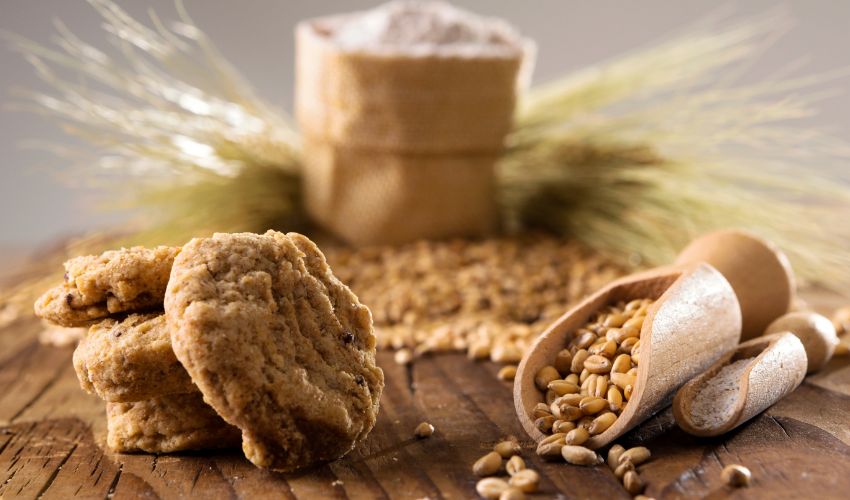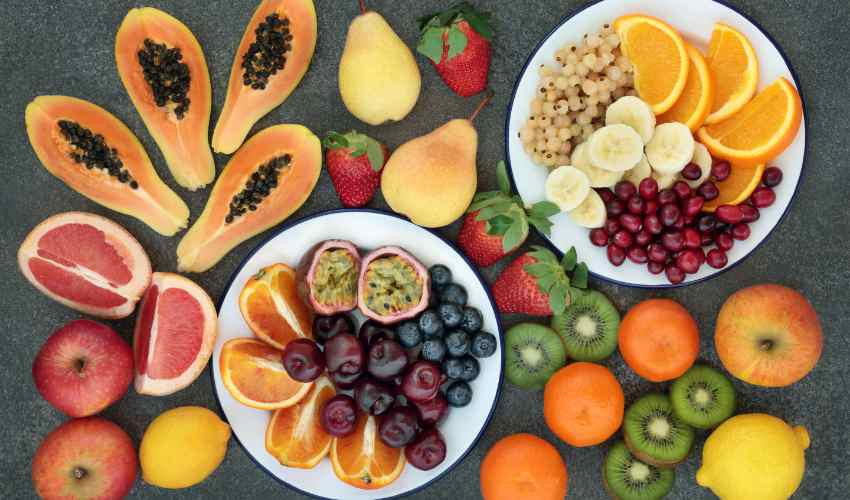Fiber is a vital nutrient that is often overlooked when it comes to maintaining a healthy diet. It’s an essential nutrient that our body needs to maintain proper digestion, regular bowel movements, and overall health. Despite this, many people don’t consume enough fiber in their daily meals. In this article, we’ll explore the importance of fiber, the best sources of fiber, and the benefits of incorporating it into your diet.
What is Fiber?
Fiber is a type of carbohydrate that the body cannot digest. It’s found in plant-based foods such as fruits, vegetables, whole grains, and legumes. Fiber is classified into two types: soluble and insoluble fiber.
Soluble Fiber
Soluble fiber dissolves in water and forms a gel-like substance in the gut. It helps to slow down digestion, which can aid in blood sugar control and reduce cholesterol levels. Foods high in soluble fiber include:
- Oats
- Apples
- Beans
- Berries
- Carrots
- Flaxseeds
Insoluble Fiber
Insoluble fiber does not dissolve in water and passes through the digestive system relatively intact. It adds bulk to stool and helps to prevent constipation. Foods high in insoluble fiber include: Whole grains
- Nuts
- Seeds
- Vegetables
- Wheat bran
Why is Fiber Important for Your Health?
Fiber plays an essential role in maintaining good health. Here are some of the benefits of incorporating fiber in your meals:
Improved Digestion
Fiber helps to keep your digestive system running smoothly. It promotes regular bowel movements and prevents constipation. Soluble fiber also helps to absorb water in the gut, which can soften stool and make it easier to pass.
Blood Sugar Control
Fiber slows down the absorption of sugar into the bloodstream, which can help to regulate blood sugar levels. This is especially important for people with diabetes or insulin resistance.
Lower Cholesterol Levels
Soluble fiber helps to bind to cholesterol in the gut and prevent it from being absorbed into the bloodstream. This can help to lower cholesterol levels and reduce the risk of heart disease.
Weight Management
Fiber helps to keep you feeling full, which can reduce the likelihood of overeating. Foods high in fiber also tend to be lower in calories, which can aid in weight management.
How to Incorporate Fiber in Your Meals
Here are some simple ways to incorporate more fiber in your meals: Choose whole grain bread, pasta, and rice instead of their refined counterparts. Eat more fruits and vegetables, either raw or cooked. Add beans, lentils, and peas to your meals. Snack on nuts and seeds. Choose high-fiber breakfast cereals.
FAQs:
How much fiber should I be getting in my diet?
The recommended daily intake of fiber is 25 grams for women and 38 grams for men.

What are some good sources of fiber?
Some good sources of fiber include fruits, vegetables, whole grains, legumes, nuts, and seeds.
Can I get enough fiber from supplements?
It is recommended to get fiber from whole food sources rather than supplements.
Can I eat too much fiber?
Eating too much fiber can cause digestive discomfort and may interfere with the absorption of certain nutrients.
How can I tell if a food is high in fiber?
Look for foods that are high in whole grains, fruits, and vegetables, and that have at least 3 grams of fiber per serving.

Conclusion:
Fiber is an essential nutrient that offers a wide range of health benefits. It plays a critical role in maintaining digestive health, managing weight, and reducing the risk of chronic diseases. By including more fiber in your diet, you can help promote good health and well-being. Start by adding more fruits, vegetables, whole grains, and legumes to your meals, and you’ll be on your way to reaping the many benefits of fiber.
Whether you’re looking to improve your digestive health, maintain a healthy weight, or reduce your risk of chronic disease, fiber is an important part of a healthy diet. By understanding the many benefits of fiber and making a few simple changes to your eating habits, you can make sure you’re getting the recommended daily intake of fiber and enjoying all of the health benefits that come with it.
In summary, fiber is an essential nutrient that helps to keep our bodies healthy and functioning properly. By incorporating more fiber-rich foods into our diets, we can enjoy a range of benefits from improved digestion and weight management to a lower risk of chronic diseases like heart disease and diabetes. So, don’t hesitate to start making changes to your diet today, and start enjoying the many health benefits of fiber!
Some easy ways to incorporate more fiber into your diet include choosing whole grain products like brown rice, quinoa, and whole wheat bread. You can also add more fruits and vegetables to your meals by incorporating them into salads, smoothies, or as snacks. Legumes like beans, lentils, and chickpeas are also a great source of fiber, and they can be added to soups, stews, and casseroles to make them more filling and nutritious.
It’s important to remember that when increasing your fiber intake, it’s important to drink plenty of water to help prevent constipation and other digestive issues. Also, it’s best to gradually increase your fiber intake over time to allow your body to adjust and avoid any unwanted digestive discomfort.
In conclusion, fiber is an essential nutrient that should be a part of any healthy diet. By making small changes to your eating habits and incorporating more fiber-rich foods into your meals, you can enjoy a range of health benefits and improve your overall well-being. So, be sure to add some fiber-rich foods to your next grocery list and start enjoying the many benefits that fiber has to offer!






















